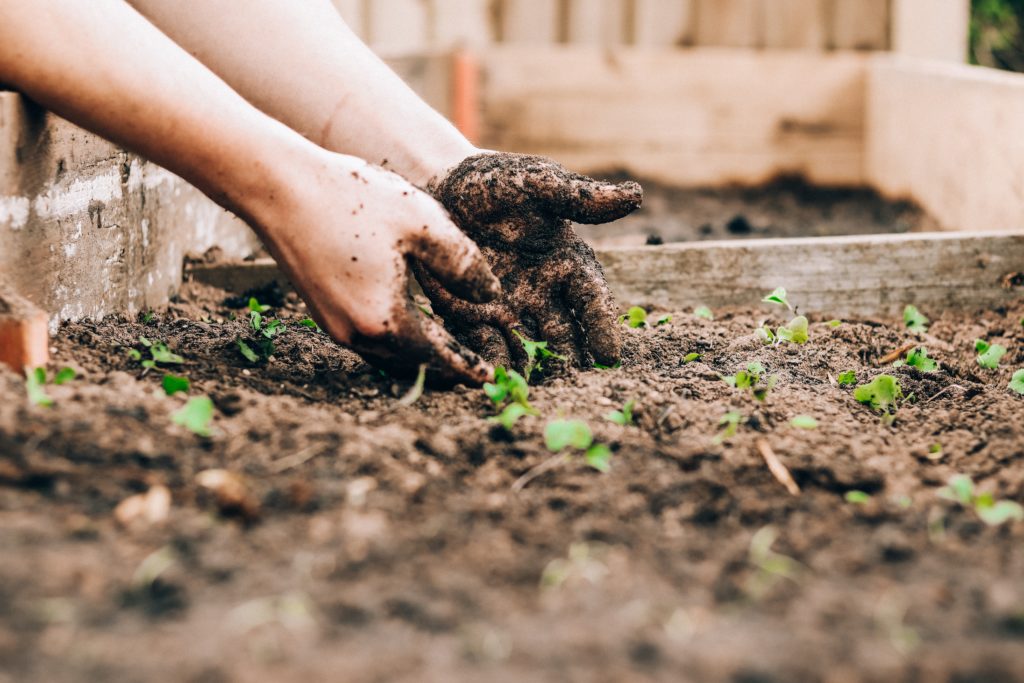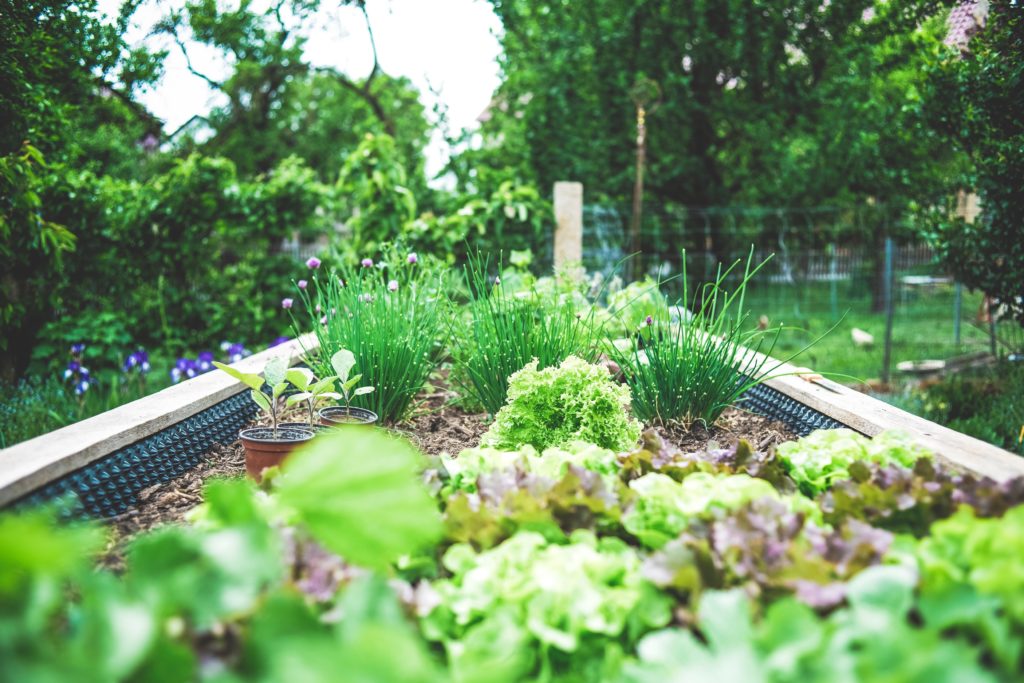Do you love the taste of homegrown vegetables? If so, you may be interested in learning how to grow and maintain your own private food garden. It can be a fun and rewarding experience, and it’s a great way to get fresh produce straight from your backyard! In this article, we will discuss some of the top tips for growing and maintaining a private food garden. So read on to learn more!
Choose The Best Location
One of the most important things to remember when growing a private food garden is to choose the right location. You will need a spot that gets plenty of sunlight and has well-drained soil. If you have these conditions, your vegetables will be off to a good start!
Of course, you should choose the spot based on the needs of the vegetables you would like to grow. So, for example, if you want to grow tomatoes, you will need a spot that gets lots of sun exposure. On the other hand, you can find inspiration for the look of your private food garden by visiting a botanical garden or even an online gardening or lifestyle forum.
Plan Your Garden
When planning your private food garden, be sure to think about what types of vegetables you want to grow. Some vegetables require more sunlight than others, so it’s important to choose a location that will accommodate your needs. Additionally, make sure to space your plants properly so they have enough room to grow.
For example, should you decide on growing rice, you will need to plant it in an area that is flooded with water. This is because rice requires a lot of moisture to grow properly. To improve rice yield, it is also important to have good soil. So, you might need to make more space for rice in your garden and invest in an irrigation system.
On the other hand, if you want to plant tomatoes, you will need to leave about two feet of space between each plant. Since tomatoes grow tall, you may also want to consider planting them in a raised bed or container. It is also important to make sure that your plants are not overcrowded, as this can lead to disease and pests.
Start With Healthy Soil And Improve Crop Yield
If you want your vegetables to be healthy and thrive, it is essential to start with good quality soil. private food gardens have a tendency to deplete the nutrients in the soil, so it is important to replenish these nutrients on a regular basis. Furthermore, adding organic substances to fertilizer may increase soil microbial and fungal activity. Overall, organic garden fertilizer is beneficial to your plants and your earth.
One way to do this is by adding compost to your soil. Compost is made up of organic matter, such as leaves, grass clippings, and vegetable scraps. It provides your plants with essential nutrients, such as nitrogen, potassium, and phosphorus.

Use Fertilizers
Another important tip for maintaining your plants is to use fertilizer. Fertilizers are made up of either organic or synthetic materials, and they provide plants with essential nutrients that promote growth. When choosing a fertilizer, be sure to read the label carefully to make sure it is suited for your type of soil and vegetables.
Too much fertilizer can be harmful to your plants, so it is important to use it sparingly. A good rule of thumb is to apply fertilizer every two weeks or after heavy rain.
Water Your Plants Properly
It’s no secret that vegetables need water to grow properly. However, how much water your plants need will vary based on the type of soil you have, the weather, and the vegetables you are growing.
That being said, it is important to water your plants regularly so they don’t dry out. You can either use a garden hose or a watering can to do this. Be sure to avoid getting water on the leaves of your plants, as this can lead to disease.
Timing Of Planting
The timing of when you plant your vegetables is also important. Some vegetables, such as tomatoes, need to be planted in the spring. Others, such as potatoes, can be planted in the spring or fall.
It is also important to know the maturity date of your vegetables. This is the amount of time it will take for your vegetables to be ready to harvest. For example, tomatoes typically take about 70 days to mature. Rice, on the other hand, takes about 120 days and peppers take 60-90 days.
Also, be sure to check the forecast before planting. If there is a chance of frost, it is best to wait until the weather warms up before planting your vegetables since they may not survive.
Weed The Garden
One of the less glamorous aspects of gardening is weeding. However, it is an important task that should not be neglected when maintaining your private food garden. Weeds can take over a garden quickly, so it is important to get rid of them as soon as possible.
There are a few different ways to do this. You can either pull them by hand or use a garden hoe to chop them down. Be sure to get the roots as well, as they will continue to grow back if you don’t.
Protect Your Vegetables From Pests
No one wants to see their hard work go to waste because of pests. Unfortunately, this is a common occurrence in private food gardens. There are many ways you can protect your vegetables from pests, such as using pesticides or traps.
Pesticides are chemicals that kill or repel pests. There are many different types of pesticides, so be sure to choose one that is suited for your particular situation. In addition, good protection against pests is using row covers. Row covers are made of lightweight fabric and they help keep pests out while still allowing sunlight and water to reach the plants.
Yet another way to keep pests at bay is by a trap. This can be done by using a variety of different methods, such as bait, lures, or even just simply putting up a physical barrier. No matter what method you choose, be sure to check with your local garden
A private food garden can be a lot of work, but it is also very rewarding. Seeing your vegetables grow from seedlings to full-grown plants is an amazing feeling. Not to mention, you get to enjoy the fruits (or vegetables) of your labor! So make sure to follow the tips in this blog post and you will be on your way to having a successful private food garden.






